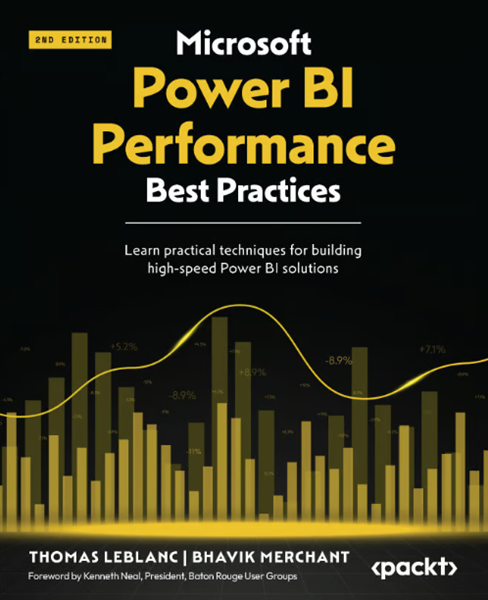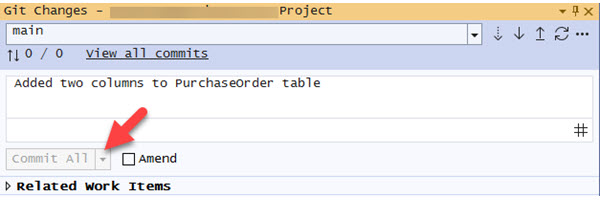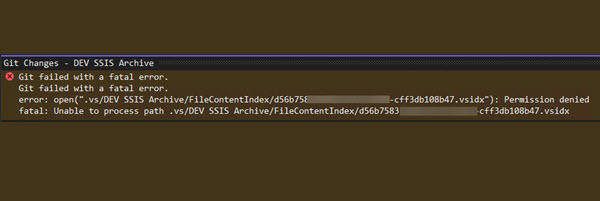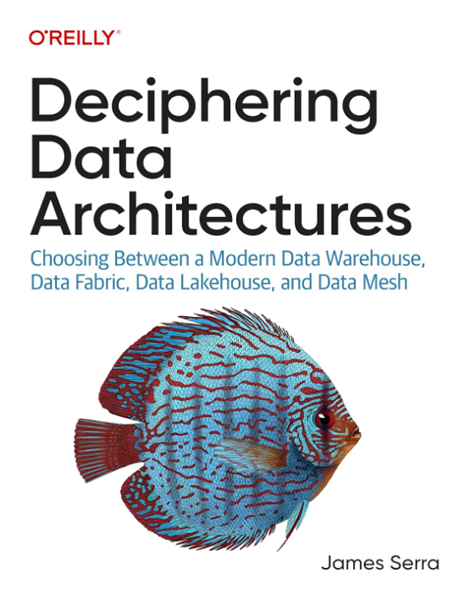
SQL Server Execution Plans for Developers and DBAs - new online on-demand course now available
One of the most popular courses that we used to run in person was a Query Performance Tuning and Advanced T-SQL course. I recently finished converting the Advanced T-SQL course to an online format, but a key (no pun intended) part of the Query Performance Tuning course was the content on reading SQL Server execution plans.
For so long, I’ve wanted to get the execution plan content available online, as reading them is such an important skill. Well, we finished it today ! The new course is:
2024-10-30









